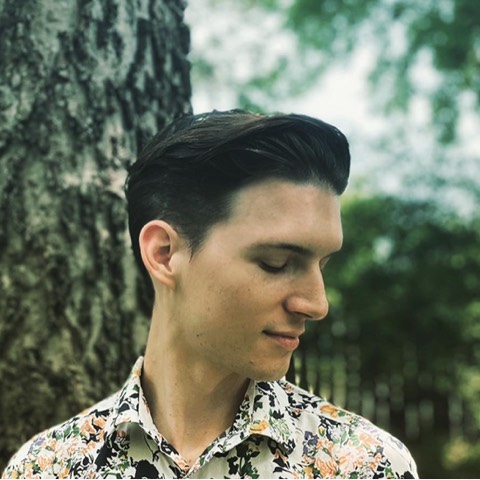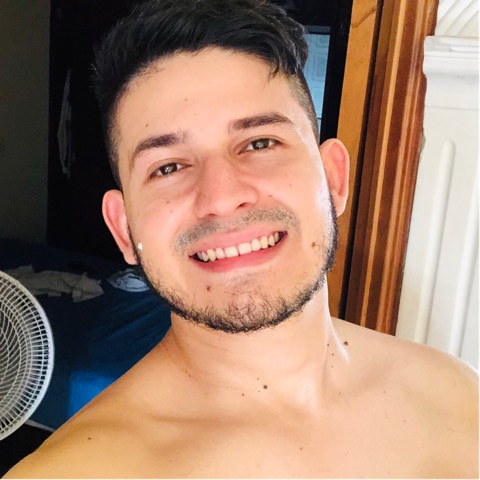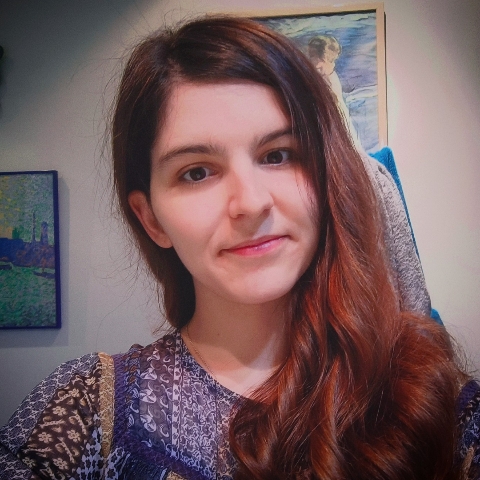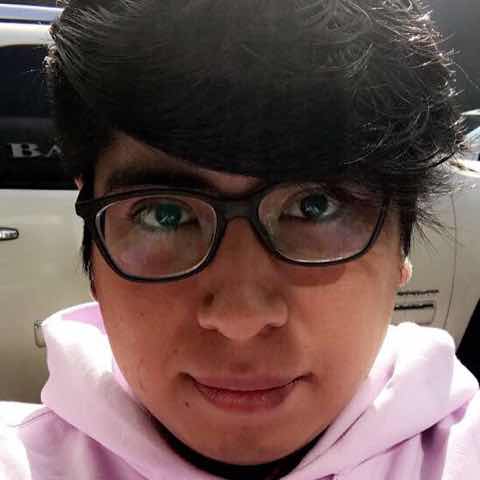Una lección del verbo auxiliar “Do” en español.
Es un error
común que muchos estudiantes de inglés conjugan tanto el verbo “do” como el verbo que sigue. ❌Did Juan studied yesterday?
✅ Did Juan study yesterday?
Os daréis cuenta que “did” es el verbo conjugado y “study” es el infinitivo. Lo bueno es que es siempre así. Solo conjugáis el verbo “do” y dejáis el verbo principal en la forma del infinitivo.
Download the HelloTalk app to join the conversation.
 Download
Download












